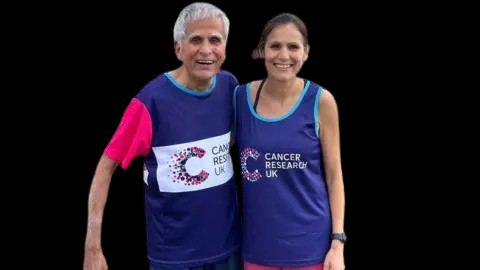Early Life & Passion for Engineering
Born in March 1969 in the Netherlands, Jeroen Dik’s journey began with a fascination for mechanics that lit his passion early on. Tinkering in his family’s garage, he explored engines and fine-tuned his understanding of performance. That curiosity evolved into expertise, laying the foundation for a life dedicated to precision, experimentation, and hands-on innovation.
JD Engineering: From Hobby to Legacy
Dik transformed that childhood passion into JD Engineering, a tuning workshop based in Lochem. At JD Engineering, he prioritized enhancements that balanced performance with drivability and durability—steering clear of reckless horsepower gains in favor of refined, real-world performance. His philosophy centered on functional improvements, technical reliability, and a user-focused approach that earned him the affectionate nickname “Tuning Yoda” in automotive tuning circles.
Racing Success: Proving the Tuning Philosophy
In 2011, Dik took a Volkswagen Golf VI TDI that he had tuned himself, and entered it in the Toerwagen Diesel Cup—and won. That victory validated his tuning strategy, proving that his blend of precision and real-world applicability could win races—not just headlines.
Racing Career Highlights
Jeroen Dik, a 56-year-old Dutch national, had notable entries in the Dutch Race Driver Organisation’s Diesel series, racing under the JD Engineering banner. His performances include competing in 2011 and 2012, where he scored 36 points in 2011 and 40 points in 2012, placing 9th in both years, ahead of many peers despite limited starts.
Building a Mentorship Culture
Beyond his shop and racing accolades, Dik invested in education and mentorship within the tuning community. He guided aspiring tuners, emphasizing the ethics and scientific grounding behind tuning—championing a discipline that values knowledge, safety, and integrity as much as speed.
The Two Faces of “Jeroen Dik”
Interestingly, the name “Jeroen Dik” doesn’t belong to just one trailblazer. Another Jeroen Dik, a materials science professor at TU Delft, is known for pioneering non-invasive imaging methods—such as macro-XRF scanning and multispectral techniques—for art conservation at institutions like the Rijksmuseum and Van Gogh Museum. While this is a different individual, the overlap in name highlights how dedication in any field—whether speed or science—can leave an enduring mark.
Career Evolution & Global Impact
At around 56 years old in 2025, Jeroen Dik remains an active force in automotive tuning—evolving his services with remote tuning tools and ECU diagnostics that serve clients globally. By combining technical accuracy with usability, he has influenced tuning standards across Europe—and beyond.
Challenges & Industry Perception
Dik’s reliance on remote tuning has occasionally triggered skepticism from traditionalists. However, his consistent track record and emphasis on safety and structured methodology have helped to quell doubts—transforming what might seem like an impersonal method into one grounded in reliability and responsibility.
Legacy & Community Influence
Jeroen Dik’s legacy is built both on horsepower and heart. His balanced tuning philosophy, race-winning credentials, and mentorship approach have defined him as more than just a technician—but as an educator and ethical influencer. Across workshops and communities, his impact resonates through those he’s trained and through cars he’s optimized.
Why “Jeroen Dik” Continues to Matter
What sets Jeroen Dik apart is not just his technical skill but his integrated approach, which combines precision, practicality, and mentorship. He redefined tuning by challenging standard norms and pushing for smarter, safer methods that don’t sacrifice performance. Those values—and the success he’s achieved—make him stand out in a crowded industry.
Looking Ahead: Insights & Professional Wisdom
As tuning evolves with emerging tech—like digital diagnostics and remote ECU configuration—Dik’s focus remains constant: balance, reliability, real-world results. That perspective offers a valuable lesson for professionals everywhere: progress works best when paired with purpose, responsibility, and education.




